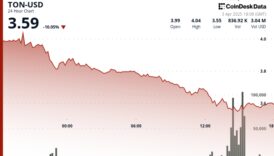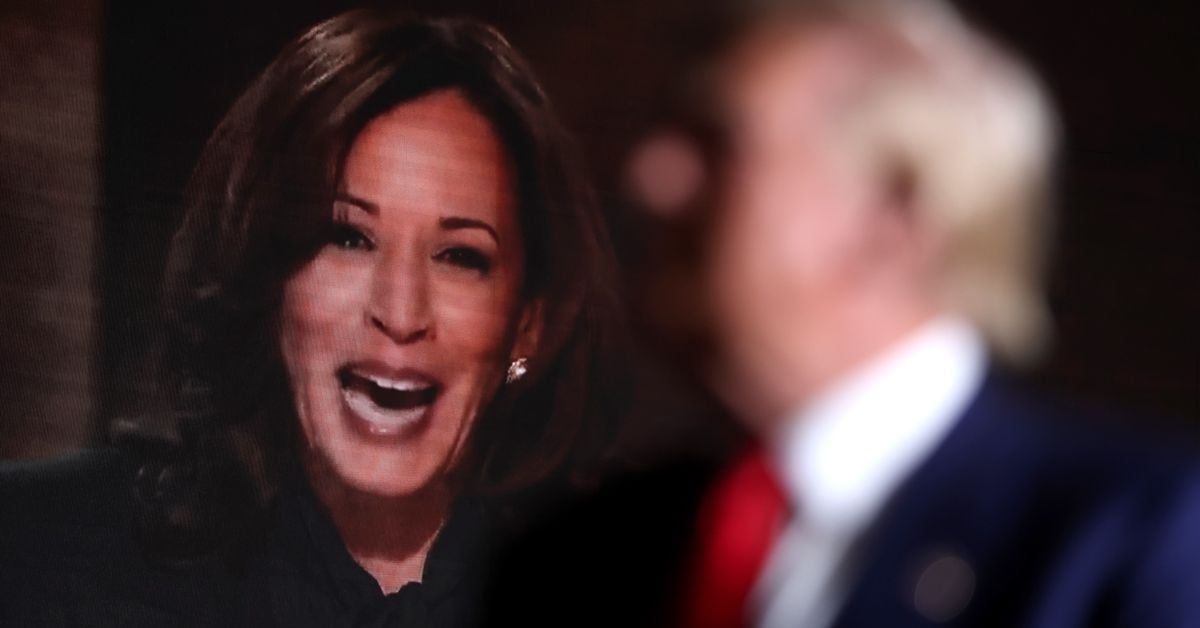Bitcoin ETFs Lose Over $800M in April as Institutions Stick With Bonds Amid Tariff Volatility

‘Sell bonds, buy bitcoin,’ proclaimed a popular social media account last week, echoing the sentiments of many crypto advocates who believe that tariff-induced volatility in the U.S. Treasury market – a cornerstone of küresel finance – has revealed the fragility of the dollar-denominated monetary system. However, institutions are not buying into this narrative.
As of Monday, the 11 U.S.-listed spot Bitcoin ETFs, considered a proxy for institutional activity, were on track to register the second-highest cumulative monthly outflow of over $800 million, according to veri source SoSoValue. The funds bled a record $3.56 billion in February and $767 million in March.
Meanwhile, the three-month Treasury bills auctioned Monday drew strong demand from institutions. According to veri source CME, the U.S. Treasury sold $80 billion in three-month bills at an interest rate of 4.225%, up from the previous 4.175%. Similarly, it sold $68 billion in six-month bills at a slightly higher-than-previous interest rate of 4.06%.
However, the bid-to-cover ratio, representing the number of bids received relative to the number of bids accepted, for the three-month bills rose to 2.96 from 2.82. In other words, for every three-month bill offered, nearly 3x more bids were received. The ratio for the six-month bills rose marginally to 2.90 from 2.79.
The strong uptake indicates that institutions still view the U.S. debt as a haven. The T-bills are highly liquid and considered low-risk, making them the preferred choice for collateral in the repo (repurchase agreement) market. In a repo transaction, one party sells T-bills or other securities to another, agreeing to repurchase them later, allowing the seller to access short-term funding.
Institutions typically park money in T-bills when the economic outlook is uncertain, calling for flexibility in investments rather than commitment to long-term positions.
President Donald Trump’s full-blown trade war against China and other major trading partners has ratcheted uncertainty to such an extent that there is the possibility of a sudden blackout in corporate earnings guidance on Wall Street. According to Inc , BofA’s 3-month guidance ratio — which tracks the number of companies above versus below consensus guidance — has fallen to 0.4x, its weakest since April 2020 and below its historical average of 0.8x.
Meanwhile, the U.S. recession odds have increased above 50% on betting platforms, with elevated Japanese bond yields further complicating matters for risk assets.





